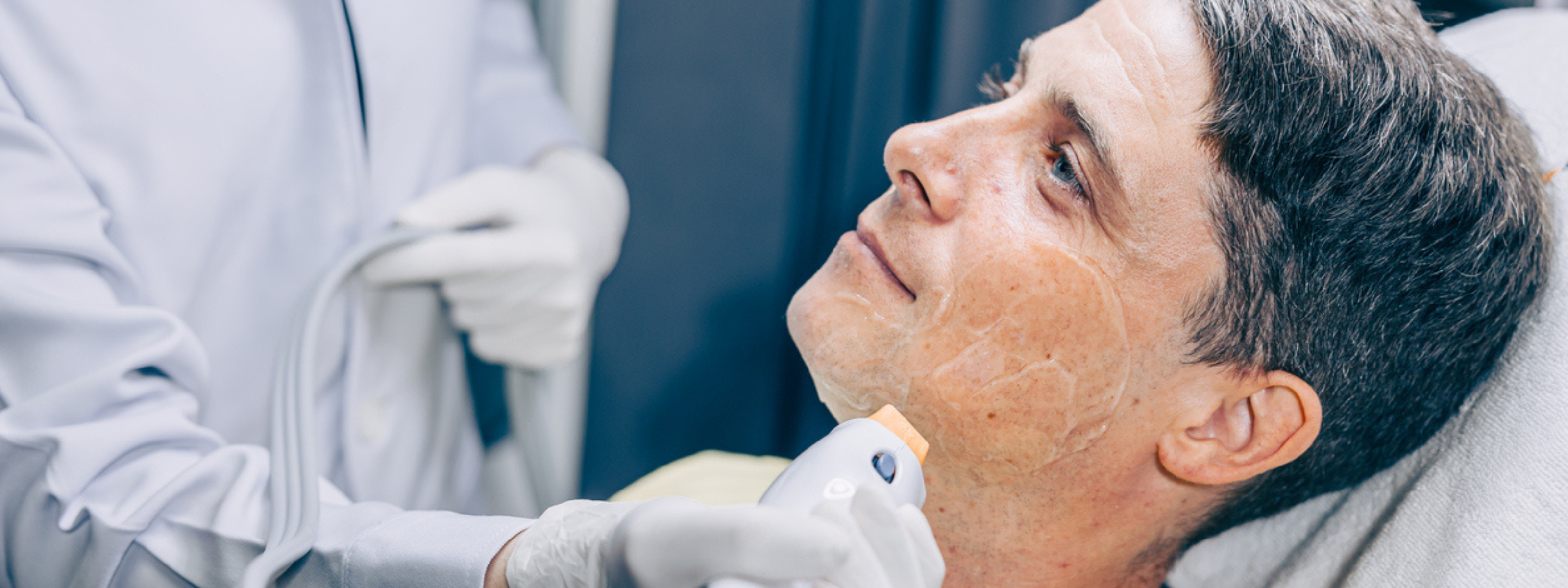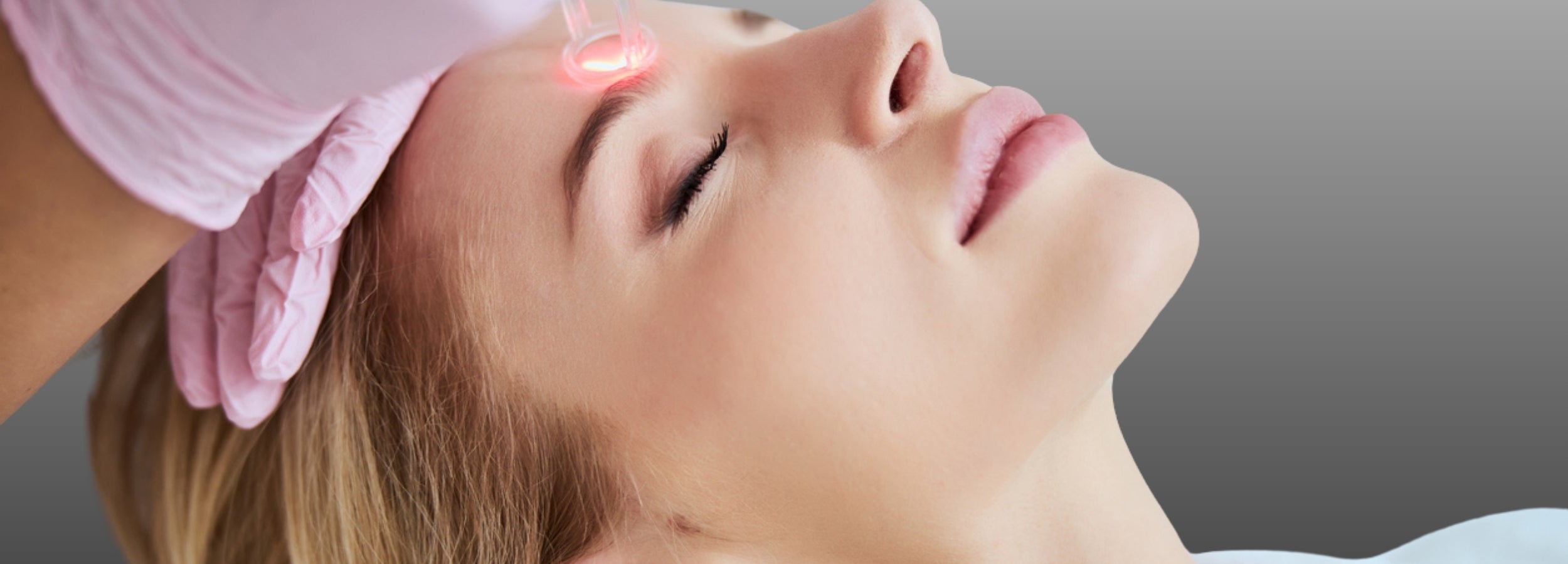Hot Flashes
Hot Flashes: A Common Menopause Symptom
Hot flashes are a common symptom experienced by women during menopause. Hot flashes involve sudden feelings of intense warmth, typically spreading over the face, neck, and chest, and often accompanied by sweating, flushed skin, and sometimes a rapid heartbeat. 75% of women will have symptoms that last for an average of five to seven years. While hot flashes are often associated with menopause, they can also occur during perimenopause, the transitional period leading up to menopause.
Why Do Hot Flashes Occur?
In recent years, researchers have made significant strides in understanding the physiological mechanisms behind hot flashes. The cells responsible for hot flashes are called KNDy neurons (pronounced ‘candy)’ and are located in the hypothalamus, the part of the brain that regulates body temperature. As women enter menopause and estrogen levels drop, these cells become more sensitive, leading to an exaggerated response to slight fluctuations in body temperature. The neurotransmitter that carries the signal from the KNDy neuron to the brain's thermostat is neurokinin B.
Factors that can trigger or worsen hot flashes include:
- Stress
- Hot and spicy foods
- Caffeinated beverages
- Alcohol
- Smoking
- Obesity
- Physical inactivity
What are the Effects of Hot Flashes?
Hot flashes can vary in intensity and frequency, and their impact on a woman's quality of life can be significant. Some women experience mild flashes that are easily managed, while others have severe and disruptive hot flashes that interfere with sleep, work, and daily activities. Hot flashes can also contribute to mood swings, irritability, and difficulty concentrating.
In addition to the physical discomfort, hot flashes can have psychological effects, such as:
- Anxiety
- Depression
- Low self-esteem
- Social embarrassment
- Impact on work performance
- Impact on relationships
Lifestyle and Non-Medication Ways to Ease Hot Flashes
Several lifestyle changes and non-medication approaches can help manage hot flashes and may be enough relief for some women:
- Cooling techniques: Dress in layers, use breathable fabrics, keep the bedroom cool, and have a fan handy. Gives temporary relief.
- Avoiding triggers: Limit or avoid known triggers such as spicy foods, caffeine, and alcohol.
- Mindfulness, yoga and relaxation techniques: These can help manage stress from hot flashes but not reduce the hot flashes themselves.
- Ice cool water: for drinking close to hand.
- Cognitive behavioral therapy (CBT): CBT has been shown to reduce the bother and interference associated with vasomotor symptoms (VMS). This therapy can help women develop coping mechanisms to manage hot flashes and other menopausal symptoms.
- Weight loss: Studies have shown that weight loss can reduce hot flash frequency and severity. However, this may not be easy in menopause especially when being tormented with hot flashes.
- Smoking cessation: Smoking is a risk factor for hot flashes and other menopausal symptoms.
Medications to Help with Hot Flashes
If lifestyle changes are not enough to manage hot flashes, several medication options are available:
- Menopausal Hormone therapy (MHT): MHT is the most effective treatment for hot flashes. It involves taking estrogen, with or without progesterone, to replace the declining hormones in the body. For lots of information on MHT (click to article).
- Non-hormonal prescription medications: If MHT is not suitable, or is not the women's preference other options,
- Antidepressants (SSRIs/SNRIs)
- Gabapentin
- These medications, though generally less effective than MHT, can reduce hot flashes. As with all medications they also have potential side effects.
- New Medication: Fexolinetant (Veozah) is a non-hormonal medication approved in the U.S. in May 2022 that has been shown to significantly reduce hot flashes, with results almost as good as hormone therapy. This new class of medications, called neurokinin receptor antagonists, works by blocking the action of neurokinin B, the neurotransmitter involved in signaling hot flashes.
- Vasomotor symptoms return in about 50% of women when MHT is stopped, regardless of the woman's age or how long she was on MHT.
Resources
- Information from The Menopause Society on non hormonal medications for hot flashes.
- The Mayo Clinic Minute gives some basic tips on hot flashes.
- International Menopause Society YouTube video on complimentary therapies.
Disclaimer
It is important to note that the information provided here is general in nature and should not be considered a substitute for personalized medical advice. It is essential to consult with a healthcare provider to discuss the best treatment options for you based on individual circumstances and medical history.







